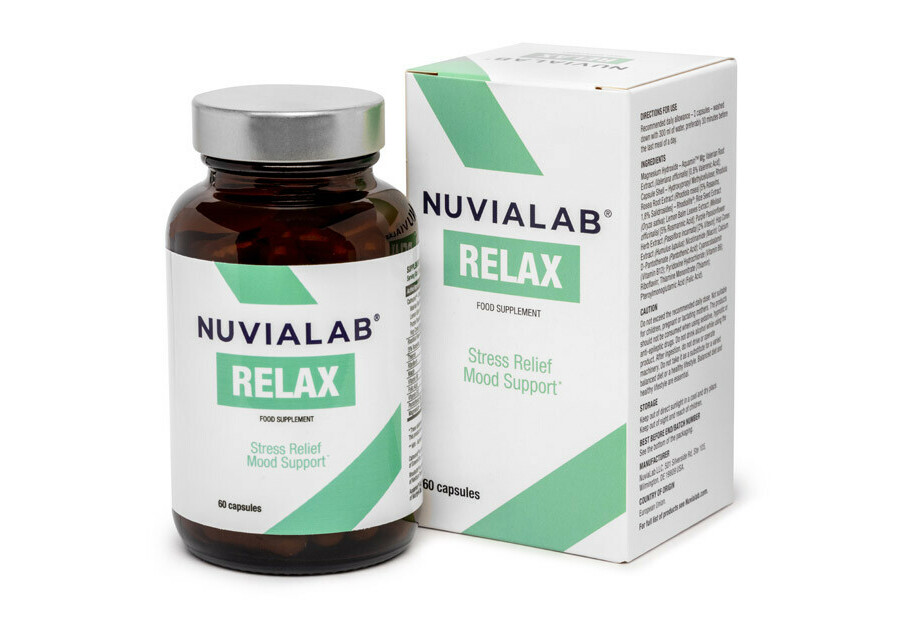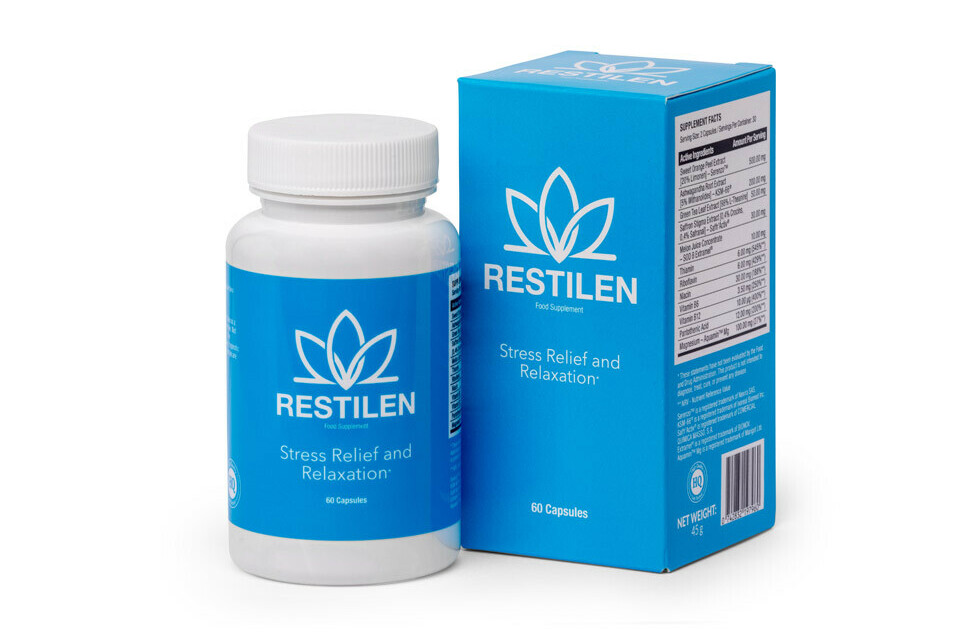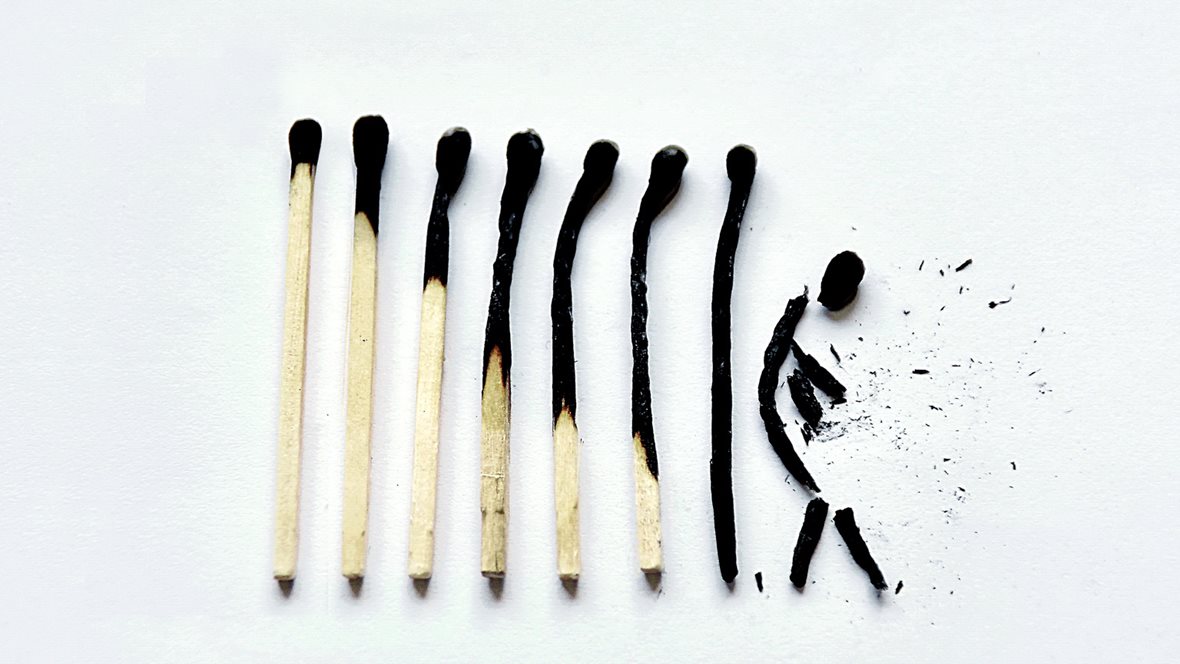I’m going to kick things off by talking about burnout – a state where you feel emotionally, physically, and mentally exhausted due to prolonged stress. It’s not just feeling tired after a busy week; it’s a deep, draining sensation of not having any fuel left in the tank, no matter how long you rest.
Don’t worry too much about recognizing the signs of burnout because I’m here to help you with that. Common red flags include chronic fatigue, cynicism towards your job, and a feeling of inefficacy despite your efforts. It’s pretty wild, right, how something like your job can spill over and affect your overall being?
If you’re curious about the science behind self-care in wrestling stress to the ground, you’re going to find out about that too. Prioritizing self-care isn’t just about indulgence; it’s crucial for your overall well-being. Studies show that self-care practices can significantly reduce stress, decrease the risk of illness, and improve quality of life.

Now, this isn’t just about taking a bubble bath or treating yourself to a spa day – though those can be part of it. Self-care as a preventive measure for burnout means engaging in activities that replenish your energy and resilience regularly, so you’re equipped to handle life’s pressures without crashing.

Practical Self-Care Strategies to Prevent Burnout
I’m going to share with you some battle-tested ways to shield yourself from the havoc that burnout can wreak. It’s not rocket science, but it’s vital to tailor self-care to what feels right for you. Don’t worry too much about following a set template; choose something that resonates with you.
In my opinion, the cornerstone of any self-care routine is mindfulness. Whether it’s through meditation, deep breathing, or simply taking a quiet walk, mindfulness enables you to disconnect from work stress and recharge your batteries. It’s about being present in the moment and letting go of the day’s pressures.
You’re going to find out about the power of saying ‘no’ and crafting firm boundaries. This isn’t just about declining extra tasks at work; it’s also about ensuring you have time to unwind at home without any interruptions. Remember, it’s okay to prioritize yourself sometimes.
A robust support system is like a cushion for your mind. If you want support, don’t hesitate to lean on friends, family, or coworkers. And when things feel overwhelming, there’s absolutely no shame in seeking professional help. A trained therapist can offer strategies and insights that friends may not.
Lastly, regular self-assessment is key. Take time to check in with yourself. Are you feeling unusually tired or disinterested in things you usually enjoy? These could be red flags for burnout. Adjust your self-care strategies as needed, because after all, your first attempt doesn’t need to be your last.
I really hope that by adopting some of these practices, you’ll provide yourself with the armor you need to ward off burnout. Remember, self-care isn’t selfish, it’s essential for maintaining your health, happiness, and productivity. So, what’s going to be your first step towards better self-care?

